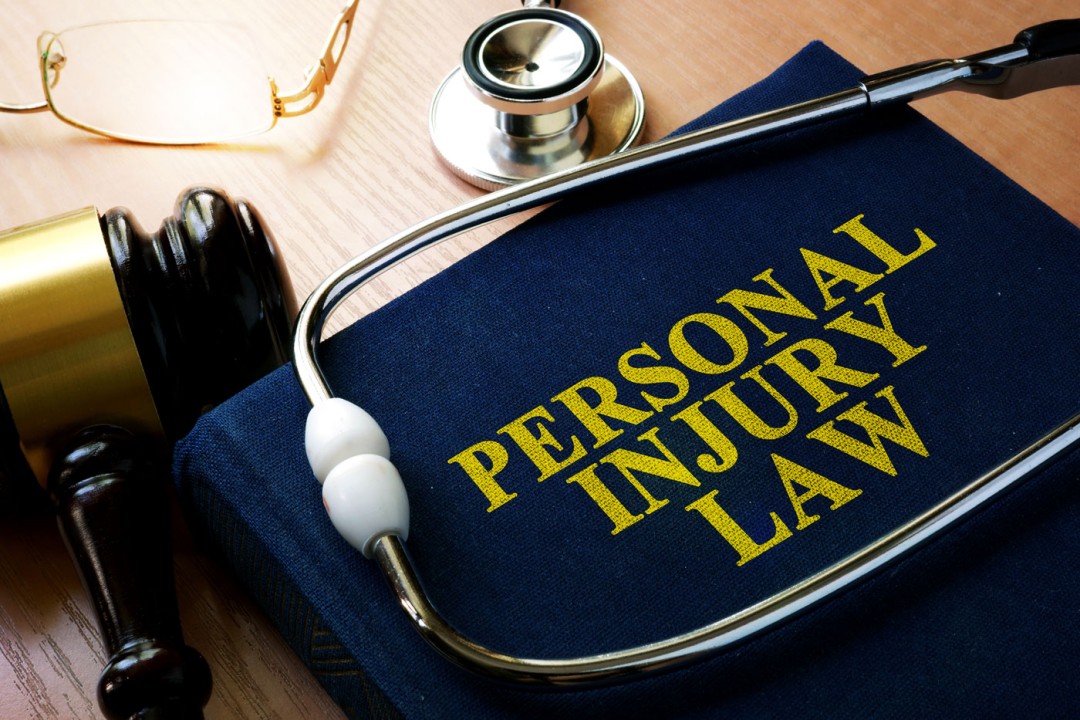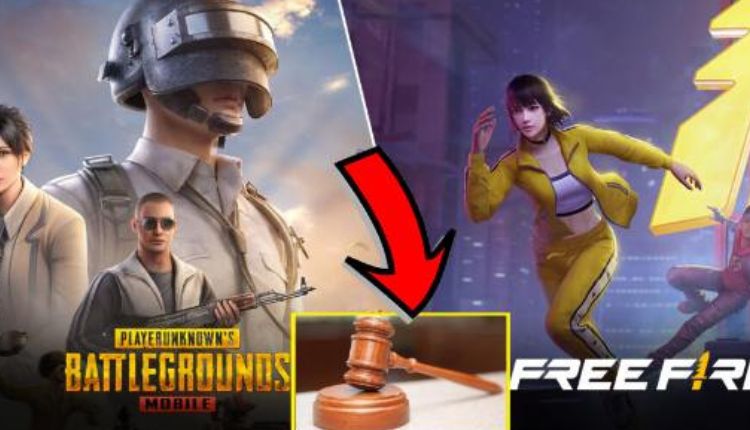
Personal Injury Myths: Separating Fact from Fiction
Personal injury attorneys often hear humorous false claims, many of which stem from a general lack of understanding about how personal injury litigation works. Below is a sample of some of the common Philadelphia personal injury myths that tend to misinform the general public.
“I don’t need a lawyer – I can handle this myself.”
Did you ever hear the saying, “A lawyer who represents himself has a fool for a client”? This is a popular sentiment for several reasons. First, lawyers have specialties and if they’re not a specialist in the pertinent area of law, they are not much more prepared than a non-lawyer. Also, a lawyer who has skin in the game, so to speak, who has a vested interest in the case going one way will find it hard to look at the case objectively. And if you cannot see both sides of the case, you will have a hard time defending against the arguments posed by the other side.
It’s not such a stretch then to say that a non-lawyer who represents himself is foolish.
Simply put: If you suffered an injury in Philadelphia, you should not represent yourself in your personal injury lawsuit. Why? Because, for one, you don’t know the rules. You don’t know the legal standards in Pennsylvania with regard to the timing of your lawsuit. If you fail to file your lawsuit within the Pennsylvania statute of limitations, you lose your right to sue. Period. You will never be able to bring that lawsuit. Only experienced personal injury lawyers in Pennsylvania know the rules and how to ensure that you don’t lose your right to file the lawsuit.
Another reason you need an experienced personal injury attorney is that your lawsuit will hinge on what kind of evidence you can present to the court. Did you know that defendants can legally destroy evidence? They don’t have to keep anything on-hand unless you or your attorney asks for it. But what should you ask for? What should you insist on receiving from the defendants? Your personal injury knows what you should collect, and when and how you should collect it.
To further debunk this personal injury myth, consider this: A personal injury attorney analyzes your case closely and they hire the best experts to help bolster your claims, whether those claims are as to the liability (wrongdoing) of the defendants or as to the extent of your pain and suffering. Further, they know what you can sue for and what you can collect as injury compensation. Also, there are special statutes in Pennsylvania that apply to certain cases. An experienced Philadelphia personal injury attorney knows which statutes apply to your case and how to craft your claim in the way that puts you in the best position to win.
Lastly, people tend to (wrongly) think they can keep things simple by handling everything by themselves. They don’t want to get lawyers involved because they worry that there are hidden costs or that it will take too much effort or time. When you file a claim with your insurance company, the insurance company may try to convince you that they can handle everything. More often than not, an insurance company will undervalue your case. In other words, they will tell you that they can only collect a certain amount of money (because that is the maximum amount they’d be able to collect for you). Whatever amount the insurance company tells you is typically far less than what a Philadelphia personal injury lawyer can collect for you.
You do need a lawyer, especially if you want the best possible outcome.
“This case is worth this amount of money.”
This personal injury myth manifests in a person either overvaluing their case or undervaluing it. Too often, a person talks to a friend who has another friend whose plumber’s aunt had a similar lawsuit and she was awarded X amount of money for her injuries. But there are so many factors that are overlooked when one compares lawsuits. Was the aunt represented by an attorney or did she deal directly with an insurance company (a mistake, as discussed above)? How was liability determined on the part of the defendants? In what ways did the aunt suffer from her injuries? In what jurisdiction was the lawsuit filed? It may sound overly poetic, but personal injury lawsuits are like snowflakes. No two are the same. That’s important to understand so, it bears repeating: no two personal injury lawsuits are the same. So, whatever happens in one personal injury lawsuit is not predictive of what could happen in any other personal injury lawsuit.
“People are money-hungry and will sue over every little thing.”
This common misconception is harmful and hurtful. There’s a term that gets thrown around too easily: frivolous lawsuits. People say our society is overly litigious, in other words: we file too many lawsuits, many of which are unnecessary and just clog the courts. This simply isn’t true. The reality is that many times, people try to avoid litigation. They just want to be compensated for their injuries. They contact an attorney who corresponds with the insurance company with the hope of avoiding litigation. But, too often, insurance companies refuse to pay, forcing the attorney’s hand. The only way to get compensation for their clients, then, is to file a lawsuit. It’s a necessary mechanism that’s there to help people who are injured when insurance companies refuse to pay. Litigation is a societal check on businesses – it ensures that individuals and workers have a tool to right the wrongs conducted by big, powerful companies.
“I should get paid soon after the lawsuit is filed.”
Sadly, some people who are injured as the result of someone else’s negligence don’t have the luxury of time. Sometimes their injuries are so great, they have to expend substantial sums of money to pay for their own medical care. Or maybe they are so badly injured, they have to take time off from work for medical treatment and they lose badly-needed wages. They are hurt and they need compensation now. People tend to get so blinded by their immediate need for money that they develop unrealistic expectations about the personal injury lawsuit timeline.
Can a case settle in a short amount of time after settlement? Sure, that’s possible, but it’s not probable. In most cases, a lawsuit takes an extraordinary amount of time before it’s resolved. But none of that time is wasted. Your personal injury lawyer is working diligently and efficiently to collect all necessary evidence, hire the best experts for the case, correspond with opposing counsel, conduct discovery (evidence-gathering) with the defendants, write motions and memoranda to the court, attend hearings, and eventually prepare for – and conduct – trial. If this process is to be done right, it has to take time. The last thing you want is for the process to be rushed and the compensation to be less than what you deserve.
It’s easy to fall for these common personal injury myths and misconceptions, which are so prevalent in society. The experienced personal injury attorneys at VSCP Law will help you separate fact from fiction. Contact them today.




